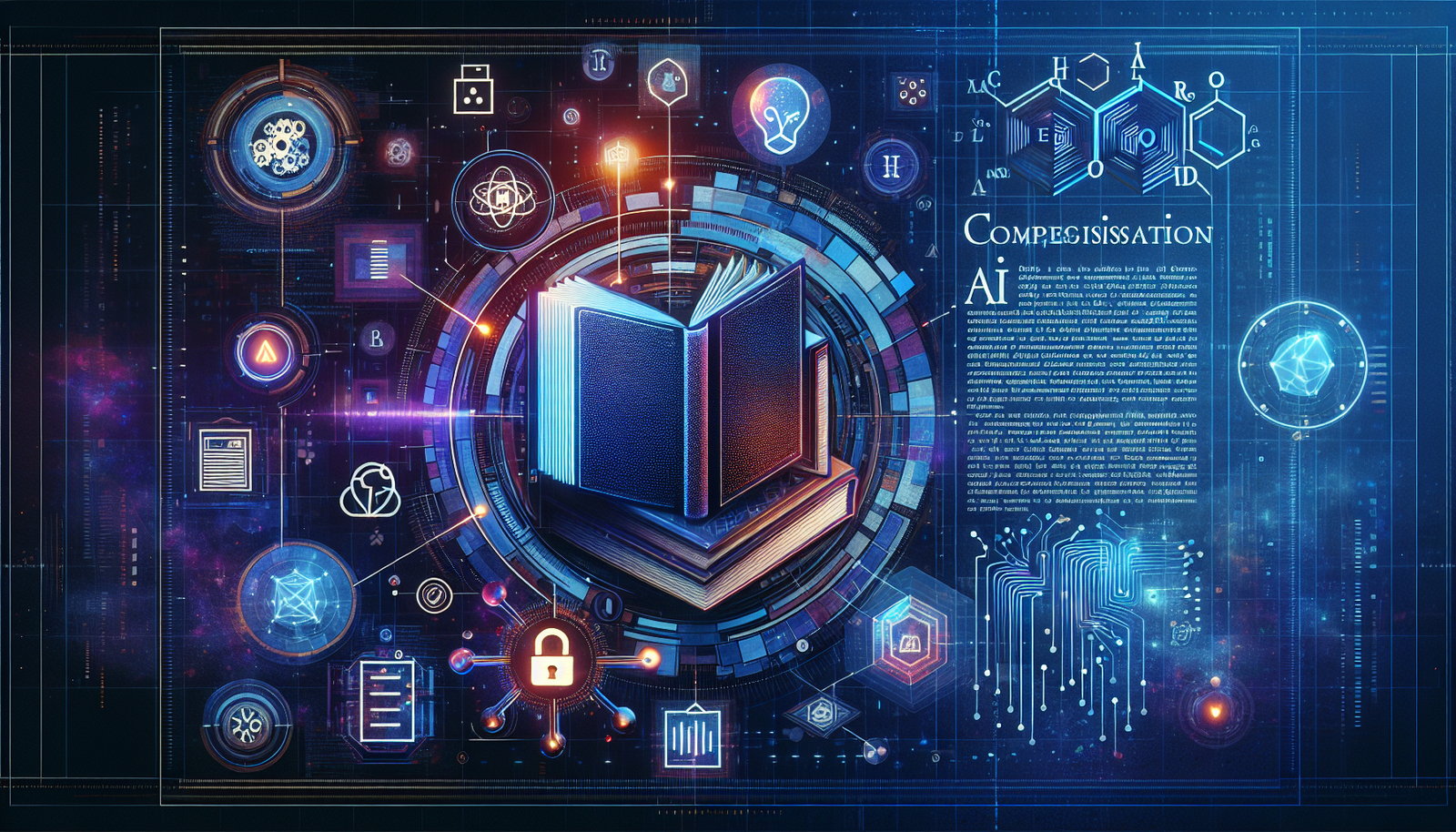The recent proposal for an innovative collective license aims to ensure fair remuneration for the use of British authors’ works in training artificial intelligences. The stakes of intellectual property are crucial in the age of rapid AI development, highlighting the rights and recognition of creators. This licensing model positions itself as a pragmatic solution to a complex reality, redefining the interactions between creators and technology companies.
An innovative collective license for British authors
British licensing bodies announce a revolutionary collective license aimed at compensating authors for the use of their works in training artificial intelligences. This initiative is orchestrated by the Copyright Licensing Agency (CLA), in collaboration with the Publishers’ Licensing Services (PLS) and the Authors’ Licensing and Collecting Society (ALCS).
Objectives of the collective license
This innovative system aims to allow copyright holders who cannot negotiate individual licensing agreements with AI developers to receive compensation for the use of their writings. According to Barbara Hayes, CEO of the ALCS, a survey of members revealed that 81% of authors support a collective licensing solution, ensuring adequate remuneration.
Launch expected this summer
The collective license will be available for AI developers starting this summer. This advancement is particularly significant as the British government examines proposals regarding an exemption from copyright for text and data mining. The new license demonstrates that this exception is neither necessary nor desirable, according to ALCS officials.
Government reaction and concerns
The current government proposals would allow AI companies to use protected works freely, unless rights holders choose to oppose these practices. Critics, including Barbara Hayes, argue that these measures offer limited choices to creators and do not guarantee fair compensation.
The position of creators and AI companies
The CEO of the CLA, Mat Pfleger, vigorously defends that the collective license represents an effective market solution for the use of content. He asserts that this agreement establishes a clear legal pathway for accessing quality content, respecting copyright while paying creators.
At the same time, a similar controversy is unfolding in the United States, where authors are suing AI companies like Meta and OpenAI for copyright infringement. These lawsuits challenge the unauthorized use of writers’ works to train AI models. Meta’s defense emphasizes the economic impossibility of negotiating licenses for such a vast volume of works.
Impact on the future of copyright
This collective license could open new perspectives for copyright as the technological landscape evolves. Discussions surrounding this initiative demonstrate the willingness to reconcile technological innovation and respect for creators’ rights. Responses to government consultations and the emergence of this model could influence future legislation.
The CEO of PLS, Tom West, expresses his satisfaction with this necessary move to support a fair and transparent content framework in the age of AI.
For more information on copyright issues in the face of technological innovations, consult this article on ActuAI.
To see how artificial intelligence will evolve in the coming years, explore the perspectives discussed in this article on ActuAI.
User FAQ on the collective license for British authors
What is a collective license for works used in training AIs?
A collective license is an agreement that allows copyright holders to receive compensation for the use of their works by AI developers, without having to negotiate each contract individually.
How can British authors benefit from this collective license?
British authors can participate by registering with collective management organizations like the ALCS, which will represent them in negotiations with AI developers to ensure their remuneration.
What types of works are covered by this collective license?
The collective license primarily covers literary works, including books, articles, and other written content used to train AI models.
When will this collective license be available for AI developers?
The license is expected to be available this summer, thus allowing AI developers to access a legal framework for using protected works.
What are the benefits of this license for AI developers?
AI developers will benefit from a legal and simplified solution to access quality content while respecting copyright and remunerating creators.
How does this license ensure fair remuneration for authors?
This license allows for standardized rates to be negotiated for the use of works, ensuring that authors are properly compensated without having to deal individually with each developer.
Does the implementation of this license impact the government’s proposals regarding copyright exemption for text and data mining?
Yes, the collective license demonstrates that a market solution is possible, providing an alternative to the proposed exemption that would not guarantee adequate remuneration for creators.
What rights do authors have if they choose not to participate in the collective license?
Authors who do not wish to participate in the collective license retain their copyright and may choose to negotiate individual contracts if they find that more advantageous.
How is this initiative perceived by organizations representing authors and publishers?
This initiative is widely supported by organizations such as the ALCS and PLS, who believe it creates a fair and sustainable framework for authors’ remuneration in the age of artificial intelligence.
Are there already examples of countries that have implemented a similar collective license?
Yes, several countries have already explored or implemented collective licensing systems to protect authors’ rights and ensure their remuneration in the context of digital and new technologies.






